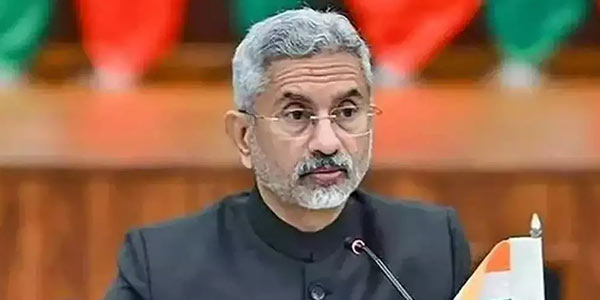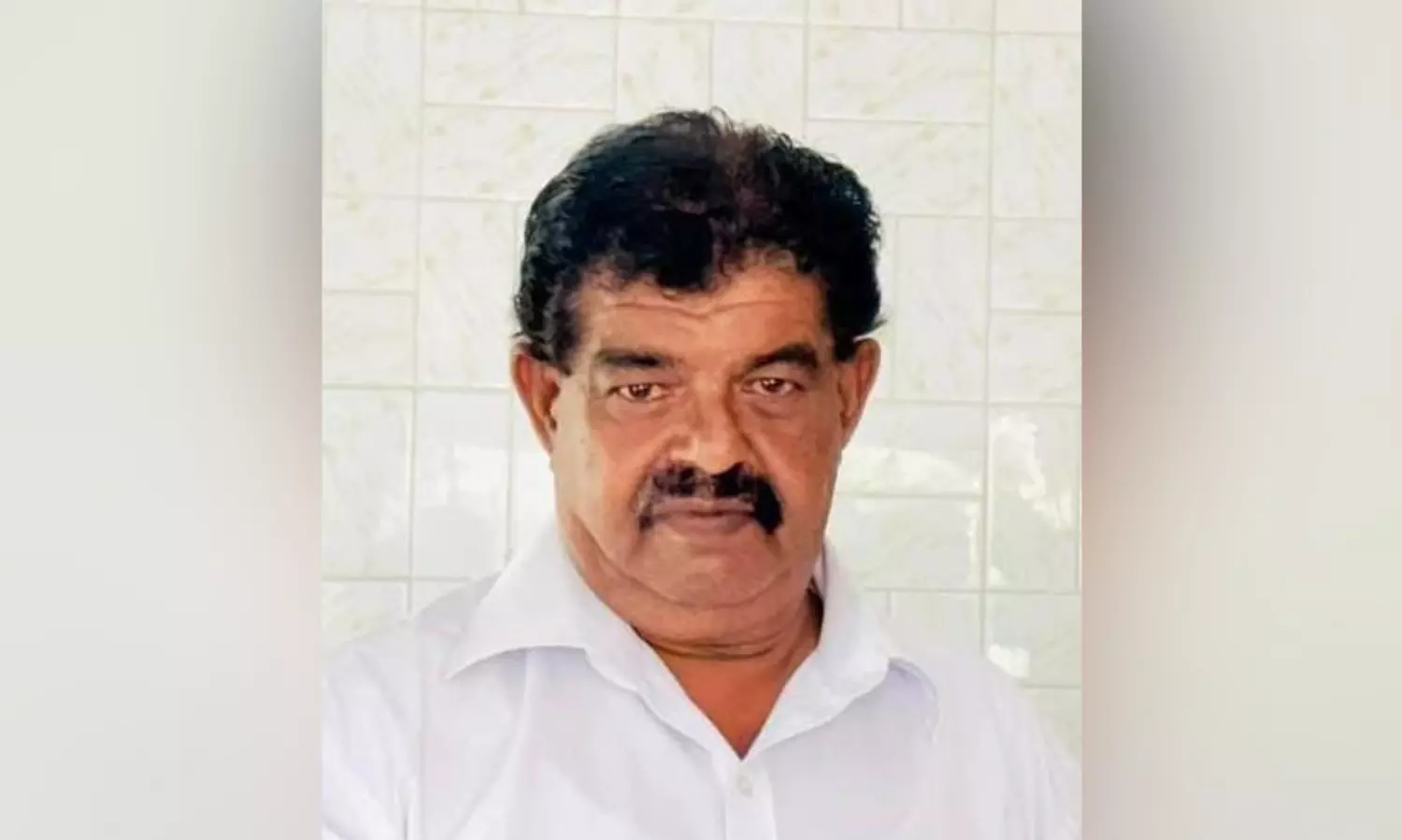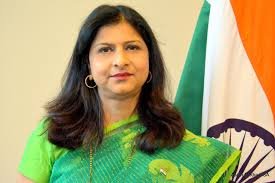Indian origin author Dr Aman Singh Maharaj lives in Durban, South Africa. An avid traveller he keeps interest in anthropology and never ceases to be enthralled by the sheer kaleidoscope of cultures, diversity and architectural marvels that the world has to offer. He was in India recently to take part in lectures and roadshow his novel ‘A Dalliance with Destiny’. PRAVASI SAMWAD caught up with him soon after his arrival back in Durban:
Can you tell us about your book ‘A Dalliance with Destiny’ and what inspired you to write it?
I think everyone has a book within them. It is all about having the talent to craft a tale, the time, and the spirit to continue. In my case, I also felt that Indian literature from South Africa was generally too sad, and I wanted to bring in a novel that captured all facets of the human psychology.

The title of your book is quite intriguing. Could you shed some light on the significance of the title and how it relates to the book’s content?
It seems to suggest that we do not really know who is in charge of the trajectory of our lives. Does life control us, or do we control life? What about free will? Hence, we almost have a dance (dalliance or bout) with kismet itself. Also, I liked the alliterative feel of the title.

During your roadshow in India, what were some of the most memorable experiences or encounters with your readers that stood out to you?
As always, India intrigues me. I have been there about 18 times. However, it is the sheer love for literature that intrigues me. Whilst the rest of the world looks for immediate sources of gratification in entertainment, India still has this phenomenal appetite for the written word, which is really so inspiring.

India is a diverse and culturally rich country. How did the Indian culture and its people influence the themes and characters in your book?
I am unsure if it actually inspired me, or whether it was subconsciously done, but India has such a rich history, kaleidoscope of culture, and philosophy, that it was virtually impossible not to set my novel there, and allow the fragrance of India to seep into my writing.

What do you believe sets your book apart from other works in your genre, and what message or emotion do you hope readers will take away from it?
The genre is typically referred to as ‘Bildungsroman’ by the literati, which means coming-of-age. However, it goes deeper than just an adventure the catalyses growth of the protagonist, as it also delves into the deeper aspects of why there is life, and what is the way that we strive through it without giving up.

Let’s talk about reading habits. In the age of the internet and digital distractions, do you think reading habits are declining? How do you see your book playing a role in combating this trend?
Honestly, reading in the rest of the world is nosediving. We have an overdose of writing via social media, if one can actually call that writing, and people enjoy the immediate sense gratification of this forum. The only way for me to really get the book into the actual mindsets of the masses is to unfortunately ensure that it transforms into a film, and this might compel people to actually revert to wanting to read the book. Of course, India does buck the trend.
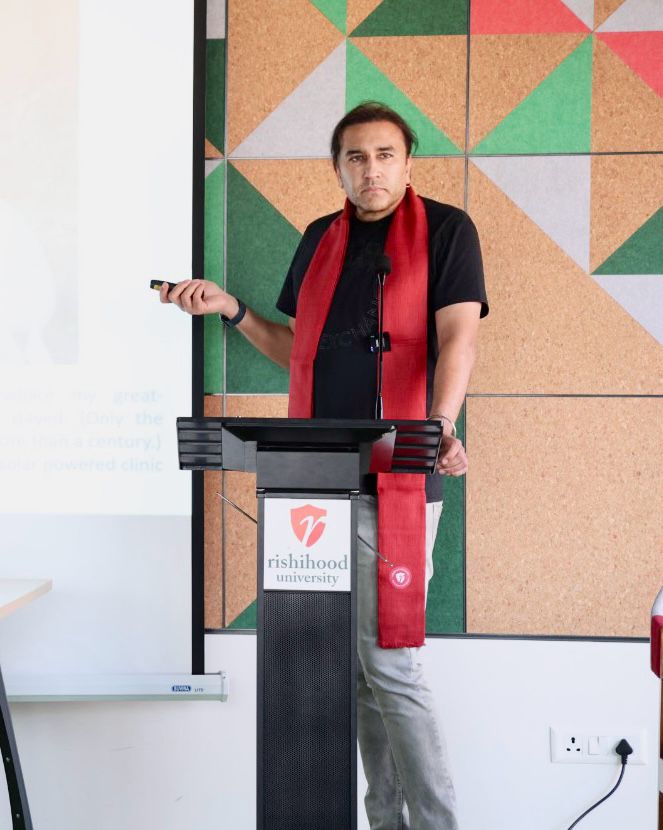
How do you think technology and the internet have affected the way books are consumed and appreciated by today’s readers? Do you find any advantage of Internet for the new age writers?
The Internet sounded the death knell for literature. It just made online writing too available, and some of this online writing is simply horrible, garbage if you ask me. The thirst for real literature has simply dwindled, and, with that, I think the general IQs of the masses has also taken a beating.
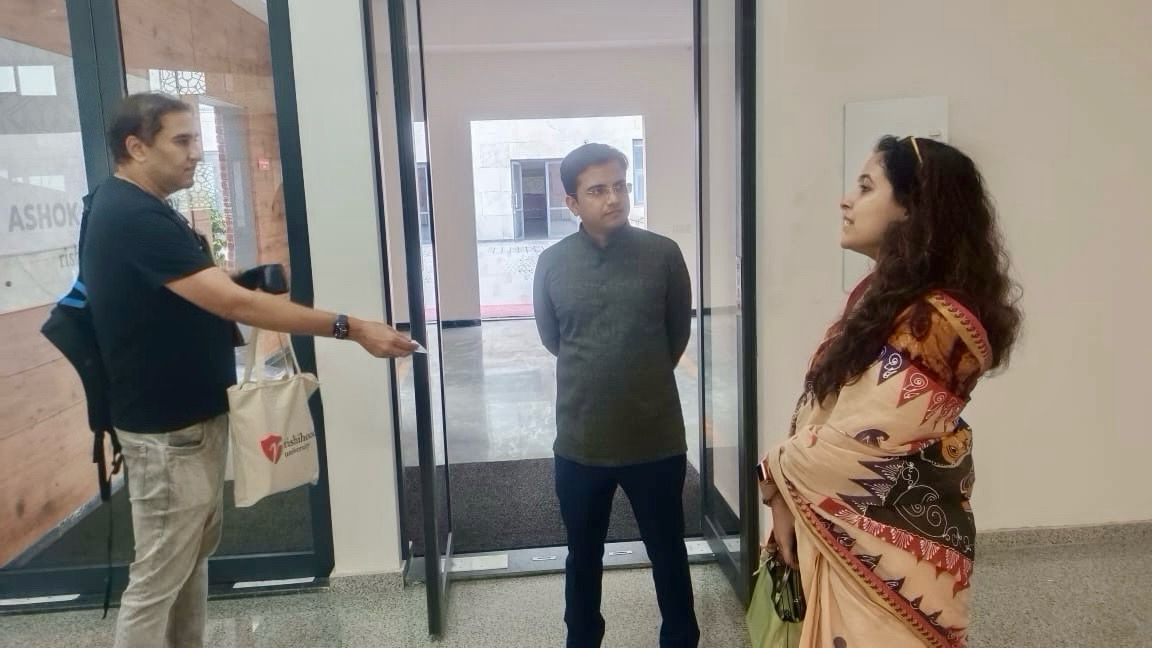
‘A Dalliance with Destiny’ was introduced to a diverse Indian audience during your roadshow. Did you notice any variations in the way readers from different regions of India connected with your book?
India is too vast to suggest that readers are homogenous in their interpretation of reading a novel, hence it is called a subcontinent. By and large, I found that the biggest consumers of old school literature have been the Bengalis, who really delved into the philosophy behind the book. In some cases, new age feminists became quite vitriolic. Those who sought sexual fantasy loved the grittiness of the novel. There really is no “one size fits all”.

Can you share some of the feedback or comments you received from your Indian readers that made you reflect on your writing or the impact of your book?
Here are the one-liners that came from book reviews in various newspaper outlets:
- ‘A Dalliance with Destiny’ is a masterpiece that transcends local and global, history and geography. – Daily Maverick.
- Aman Singh Maharaj takes us on a brilliant literary debut with ‘A Dalliance with Destiny’. – The Daily Guardian.
- This novel is intriguing to read, one that will keep nodding you to turn the page and read a bit more before hitting the bed. – The Literature Today.
- The author, in his debut, book delves deep into colonialism, democracy and identity. – The Telegraph.
- With a vivid imagination, Maharaj has produced a tome rich in alliterations, metaphors, onomatopoeias, and sensual imagery, along a sweeping plot. – The Post.
- Is it a feeling of love or hate; the emptiness that comes with the end of a fastidiously penned, sweeping story. – Mauritius Times.
- The narrative of an anti-hero is a brilliant, racy piece of composition that will leave its mark in the history of contemporary Indian Fiction. – News 18.
In a world saturated with information, what advice would you give to aspiring writers trying to capture the attention of readers and make their work stand out?
Honestly, it is a difficult task. It really boils down to marketing, getting news of the novel out into the public realm. It really is an overload of information for the public, considering the vast amount of literature available, so one almost has to go ‘hardcore’, almost getting ‘under the skin’ of potential readers, even if it annoys them.
India has a rich literary tradition. Were there any Indian authors or books that influenced your writing or inspired you along your literary journey?
India really is the epicentre of literature in the past and now as well, whether they are Indian writers by race, or people of all colours who set their works in India. ‘The Far Pavilions’ comes to mind, ‘A Passage to India’, ‘Shantaram’, ‘The Namesake’, ‘Siddhartha’, the many works by Khushwant Singh, ‘A Suitable Boy’, the many Bengali classics like ‘Devdas’, and, of course, never to forget the epics like ‘The Ramayana’ and ‘The Mahabharat’, and even ‘Shakunthla’.
Now that ‘A Dalliance with Destiny’ has gained popularity in India, what are your future literary aspirations and projects? Can readers expect more from you in the near future?
I am being forced to write another novel, whether it is a sequel or a prequel, or a different genre altogether, I don’t really know. Writing is a passion and requires talent. Anyone thinking that it brings riches will be sadly mistaken though. Hence I keep my other vocations alive to earn my keep.
How do you see the future of literature in the digital age, and what do you think writers can do to adapt to the changing landscape?
Some people like audiobooks, but that does not work for me. It’s not quite reading, is it? With reading, one’s own imagination comes into play. Not so much with listening to a book as such. Whatever the change is, I believe it is a negative one, sadly.
In your experience, what role do book events and roadshows play in promoting literature and connecting authors with their readers, and do you have any advice for authors planning similar initiatives?
Honestly, for me, it is the sheer excitement of forging new friendships with likeminded people. If people take to my novel or not, it doesn’t really make me smile or aggravate me, as I believe that the fruits of one’s labour lies in the hands of the Supreme. In India, though, there is literally (pardon the pun), any particular weekend with cities having simultaneous book festivals, so India holds the flat for literature up high.
As a writer, what is your own reading habit like? Are there any books or authors that have had a profound impact on your life and your writing style?
I can’t deny that I am a somewhat ‘racist’ reader, in that I focus mainly on books set in India, or written by Indian authors, as the language is just so much more lyrical and full of imagery. I am unsure if this is just some inheritance of coming from a very rich and ancient culture.






